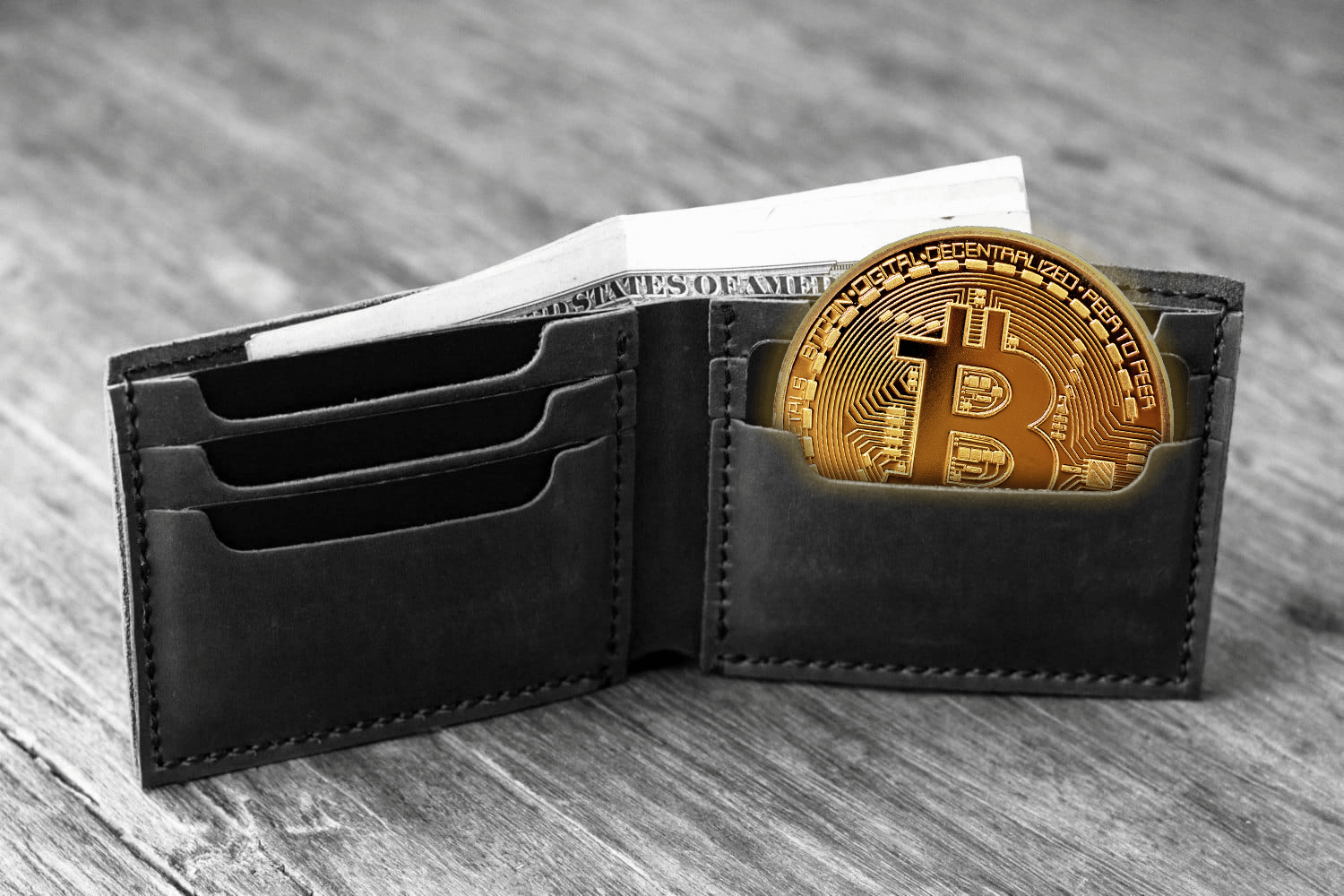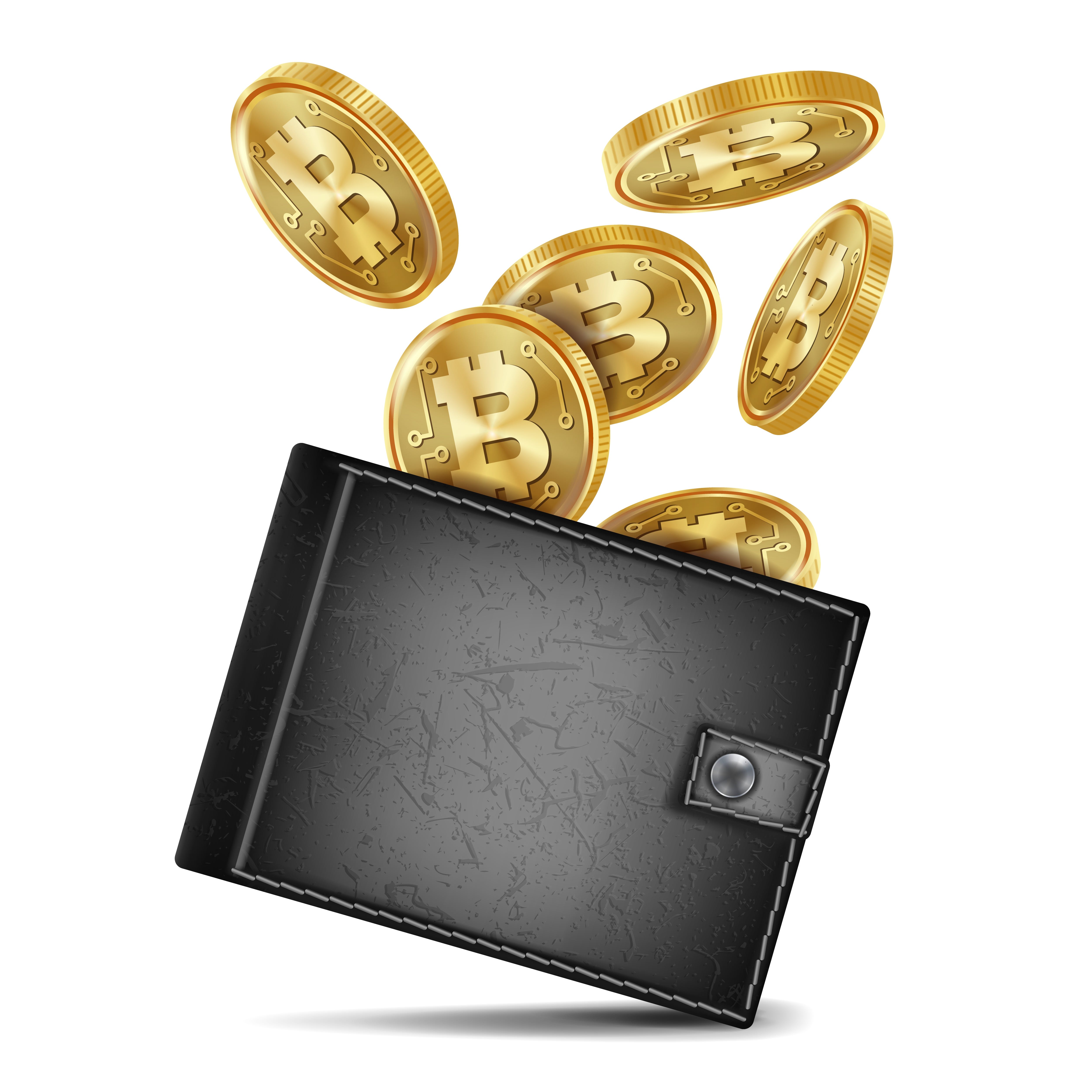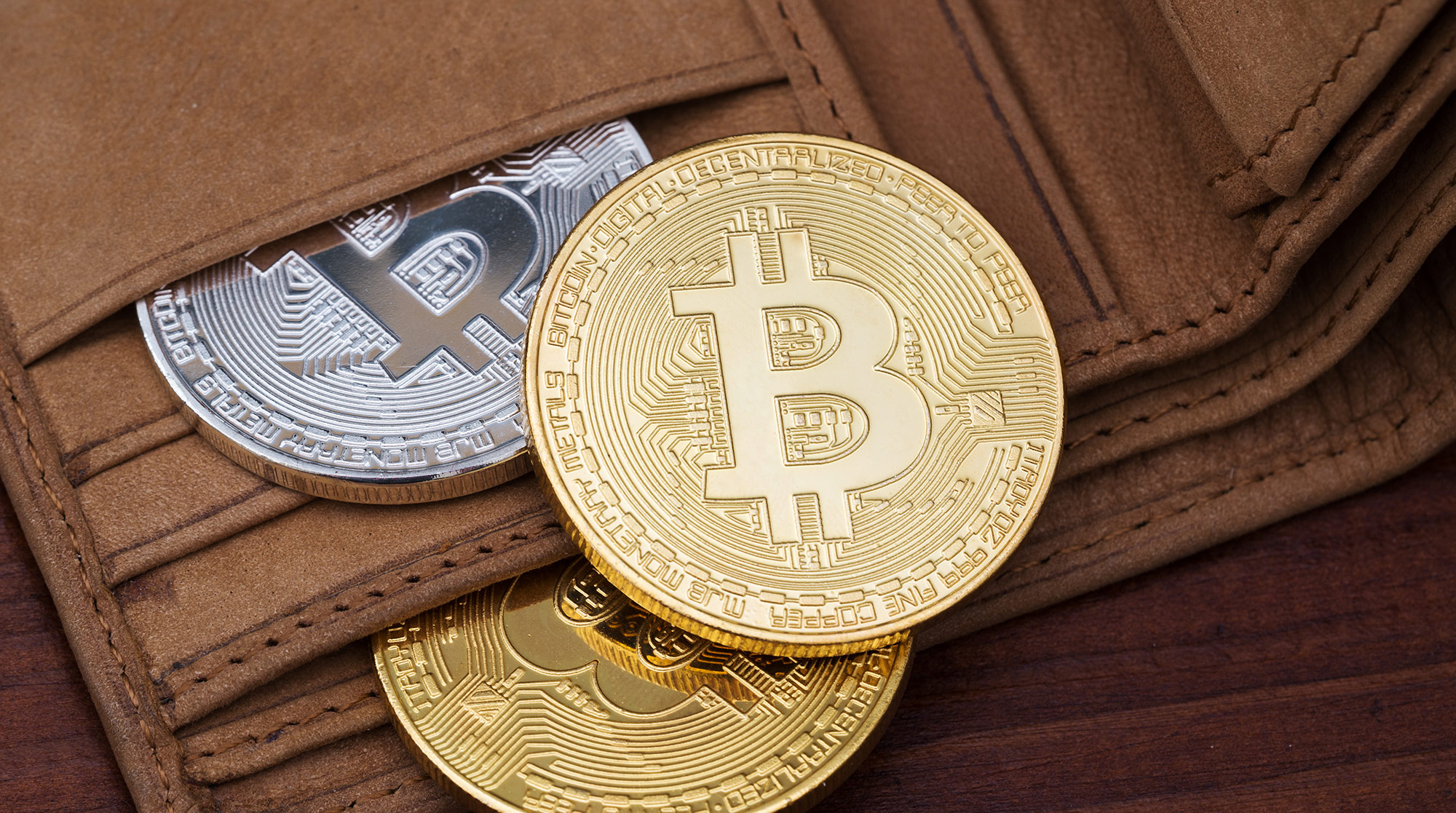When diving into the world of cryptocurrencies, one of the most crucial steps you’ll take is choosing the right cryptocurrency wallet. But what exactly is a cryptocurrency wallet, and how do you choose the best one for your needs? In this guide, we’ll cover everything from the basics to the latest trends in 2024!

cryptocurrency wallet
What is a Cryptocurrency Wallet?
At its core, a cryptocurrency wallet is a digital wallet that allows you to store, send, and receive digital currencies like Bitcoin, Ethereum, and many others. Unlike a traditional wallet that holds physical money, a cryptocurrency wallet stores your public and private keys, allowing you to access your funds on the blockchain.

cryptocurrency wallet
Types of Cryptocurrency Wallets
There are several types of cryptocurrency wallets, each with its own advantages and disadvantages. Here’s a breakdown of the main types:

cryptocurrency wallet
1. Hot Wallets
Hot wallets are always connected to the internet, making them convenient for daily transactions. They are best for users who need quick access to their funds. However, this constant connection makes them more vulnerable to hacks and other security threats. Popular hot wallets include:

cryptocurrency wallet
- Web Wallets (e.g., Coinbase, Blockchain.info)
- Mobile Wallets (e.g., Trust Wallet, MetaMask)
2. Cold Wallets
Cold wallets, on the other hand, are not connected to the internet, making them significantly safer from online threats. They are ideal for long-term storage of digital assets. Examples include:

cryptocurrency wallet
- Hardware Wallets (e.g., Ledger Nano S, Trezor)
- Paper Wallets
Comparing Hot and Cold Wallets
To further illustrate the differences between hot and cold wallets, here’s a simple comparison chart:
Benefits of Using a Cryptocurrency Wallet
Now that we’ve covered what a cryptocurrency wallet is and the types available, let’s explore why you should use one:
- Ownership: Unlike holding cryptocurrencies on an exchange, wallets give you fully ownership of your assets.
- Security: Particularly with cold wallets, you can store your assets safely offline, reducing the risk of theft.
- Easy Transactions: Sending and receiving cryptocurrencies is seamless with a wallet.
Choosing the Right Cryptocurrency Wallet
Choosing the right wallet can be daunting. Here are some factors to consider:
1. Security Features
Look for wallets offering strong security features, including two-factor authentication (2FA), backup options, and encryption protocols. For example, hardware wallets like Ledger and Trezor utilize advanced security mechanisms, providing peace of mind for serious investors.
2. User Experience
A good user interface is essential, especially if you’re a beginner. Wallets should offer intuitive navigation, and clear instructions within the app. User feedback on platforms like Trustpilot can offer insights into this aspect.
3. Multi-Currency Support
If you plan to hold multiple types of cryptocurrency, ensure your wallet supports a broad range of currencies. Some wallets are specifically built for only one currency, while others support a large variety, giving you more flexibility.
Case Study: Navigating the Wallet Market
To understand the current market landscape for cryptocurrency wallets, we analyzed user testimonials from a number of platforms, focusing particularly on newcomers who transitioned from exchanges to wallets.
Case Study: A Beginner’s Journey
Meet Sarah, a 29-year-old digital nomad who ventured into the world of cryptocurrencies through an exchange. Initially intimidated by the complexities of wallets, she turned to online resources and forums for guidance.
After considering various options, Sarah opted for a hardware wallet, the Ledger Nano X, after discovering its reputation for security and ease of use. Through her experience, she found that it not only safeguarded her assets but also provided her with a user-friendly interface which made tracking her investments much simpler.
The feedback from Sarah mirrors a broader trend seen across cryptocurrency forums where users cite enhanced security and peace of mind as primary reasons for shifting from exchange-held assets to dedicated wallets. Her experience underscores the importance of education and community insights when selecting a wallet.
The Latest Trends in Cryptocurrency Wallets for 2024
As we head into 2024, a few key trends are emerging within the cryptocurrency wallet space:
1. Increased Integration with DeFi
A growing number of wallets are integrating decentralized finance (DeFi) features, allowing users to lend, borrow, and earn interest directly from their wallets. This shift empowers users with more options for utilizing their assets, moving beyond mere storage.
2. Enhanced Security Innovations
Blockchain technology is evolving rapidly, and with it comes advanced security features like biometric authentication and multi-signature wallets. Innovations in these areas are designed to further protect users from the increasingly sophisticated techniques employed by cybercriminals.
3. User-Centric Design
Just as Sarah experienced, wallet developers are increasingly prioritizing user experience. This trend focuses on creating wallets that cater to both novice and experienced users, with easy setup procedures, clear navigation, and responsive customer support.
As wallets diversify with these features, engaging with end-users through feedback becomes vital for market adaptation.
FAQs about Cryptocurrency Wallets
1. What is the primary difference between hot and cold wallets?
The primary difference lies in their connection to the internet. Hot wallets are connected and more convenient for quick transactions, whereas cold wallets are offline and offer enhanced security.
2. Can I lose my cryptocurrencies? What should I do?
Yes, there is a risk of losing access to your assets if your keys are lost or stolen. Always backup your private keys securely and utilize reliable wallets.
3. Are there any fees associated with a cryptocurrency wallet?
Some wallets charge fees for transactions or conversions, while others might be completely free. Always review the fee structure of your chosen wallet beforehand.
In conclusion, selecting the right cryptocurrency wallet is an essential step in your crypto journey. Understanding the types of wallets, their benefits, and how they fit into your trading strategy can greatly enhance your experience. Keep an eye on the latest trends and continue to educate yourself to ensure your investments are protected. Happy investing!


